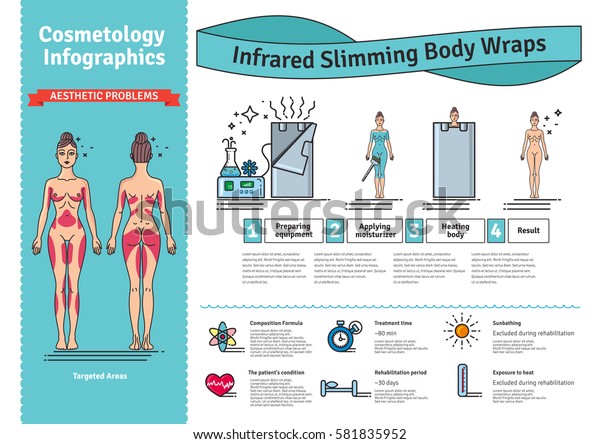Pain Alleviation Professionals: Your Roadmap To Uncovering Relief
Pain Alleviation Professionals: Your Roadmap To Uncovering Relief
Blog Article
hip By-Humphries Ottesen
Browsing the world of pain relief professionals can be an overwhelming job for those looking for lasting relief from relentless discomfort. With a wide range of specialists concentrating on numerous approaches to pain monitoring, comprehending the nuances of each technique and focusing on the most suitable expert can considerably affect the effectiveness of therapy. By untangling the ins and outs of specialist pain relief professionals and illuminating vital factors to consider in choosing the ideal professional, individuals can pave the way in the direction of a path of minimizing their pain and reclaiming control over their well-being.
Kinds Of Pain Alleviation Specialists
There are several categories of health care specialists who focus on providing discomfort relief solutions. One usual kind of discomfort alleviation professional is an anesthesiologist. These physicians are professionals in administering anesthesia for surgical procedures, but they also play an important duty in handling discomfort via strategies such as nerve blocks and epidurals.
One more type of professional is a physiatrist, also referred to as a physical medication and rehabilitation physician. Physiatrists focus on enhancing function and quality of life for individuals with chronic pain conditions with a variety of treatments, consisting of physical therapy and medication monitoring.
Additionally, discomfort management registered nurses are important members of the medical care team, providing hands-on care and assistance to patients experiencing discomfort. They work carefully with various other experts to ensure that patients obtain extensive and customized pain relief strategies.
Concerns to Ask Experts
When looking for support from discomfort alleviation specialists, it is necessary to be prepared with relevant inquiries to ensure a detailed understanding of your condition and the suggested treatment options.
Here are some vital questions to ask experts during your appointment:
1. What is the particular reason for my pain?
2. What are the offered therapy choices for my problem?
3. What are https://gofrogs.com/news/2024/2/22/general-tcus-restoration-and-wellness-center-named-in-honor-of-the-simpson-family and risks of each therapy alternative?
4. For how long will it require to see improvement in my discomfort degrees?
5. Exist any kind of way of life adjustments or natural remedy that could match the therapy?
6. What is the anticipated outcome of the advised treatment plan?
7. Just how will my progression be kept track of, and what steps will be taken if the current treatment strategy is not effective?
8. Are there alternative therapies or treatments that could be useful for my problem?
9. What are the prospective side effects of the suggested drugs or procedures?
10. How can I finest handle and stop discomfort flare-ups in the future?
Tips for Picking the Right Expert
Picking one of the most appropriate discomfort relief professional for your needs requires mindful factor to consider of their know-how, credentials, and strategy to therapy. When choosing a specialist, it is necessary to research their history, including their education, training, and any qualifications they keep in discomfort administration. Search for specialists that have experience in treating your certain condition or type of pain, as this can dramatically influence the efficiency of the treatment.
In addition, think about the specialist's strategy to discomfort relief. Some professionals might focus on medicine administration, while others may supply alternate treatments such as physical therapy, acupuncture, or interventional treatments. It is vital to find an expert whose treatment technique lines up with your preferences and beliefs relating to pain management.
In addition, consider the specialist's communication style and how comfortable you really feel reviewing your pain and therapy options with them. An excellent professional should pay attention diligently to your problems, explain therapy strategies clearly, and include you in decision-making concerning your treatment.
Final thought
Finally, specialist discomfort alleviation professionals supply a variety of therapies customized to every person's distinct requirements, helping to improve lifestyle for those struggling with chronic pain.
By asking the best questions, recognizing readily available therapy options, and picking the ideal professional based upon experience and method, people can function in the direction of locating reliable discomfort alleviation strategies.
It is necessary to seek out experienced and seasoned experts to resolve and handle chronic discomfort successfully.
